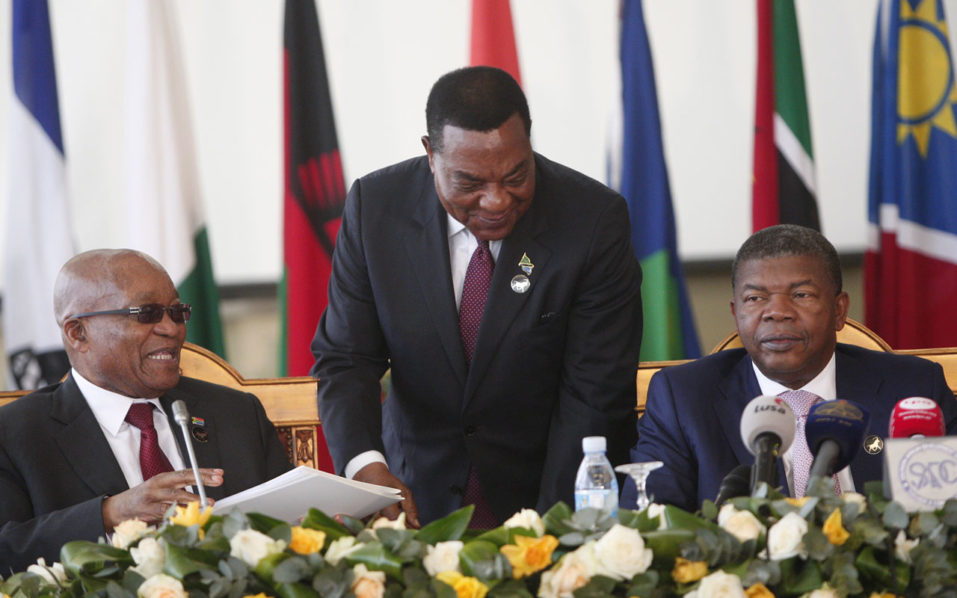African countries should hasten the adoption of the yuan as a reserve currency amid increased bilateral trade with China, a Kenyan economist said.
Bernard Ayieko, a Nairobi-based economist said in a commentary published by the Business Daily newspaper that the adoption of the yuan would boost the ability of African countries to attract new investments and trade favourably at the global market.
“The Chinese growing influence and the increase in Sino-Africa relations have brought to the fore a debate on the African countries’ need to adopt the renminbi as a currency reserve,” Ayieko added.
He said that the internalisation of yuan, or renminbi, would boost globalisation and foreign trade that Africa could leverage to propel growth.
“The call to internationalise the renminbi continues to reverberate across the world.
“African countries are mulling the need to use the renminbi as a reserve currency and a medium of exchange in international settlements,” Ayieko said.
The internationalisation of yuan reached a milestone in 2016 when it joined the International Monetary Fund (IMF) basket of reserve currencies alongside the U.S. dollar, the Euro, Japanese Yen and the British Pound.
“Premised on the increased trade, loans and grants to Africa from China, there has been an incessant debate in Africa that time is nigh for African countries to adopt the yuan as a reserve currency.
“The growing China-Africa trade has increased the yuan’s convertibility in settling financial transactions between countries.
“By adopting the yuan as a reserve currency, African countries will trade smoothly at both bilateral and multilateral levels because it will be easier to make international transactions between many countries that require diverse currencies for financial settlements,” Ayieko said.

